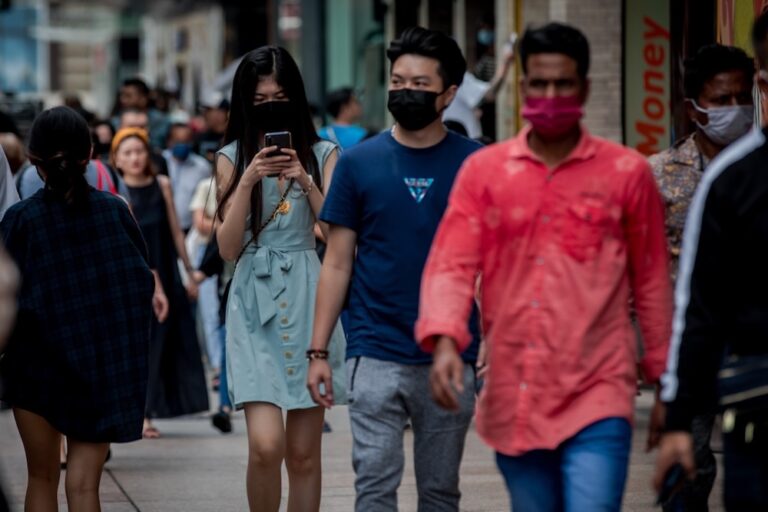(SEAPA/IFEX) – A prominent blogger, a journalist, and one opposition politician were arrested under Malaysia’s Internal Security Act (ISA) on 12 September 2008, in what media and activists are afraid may be the start of a wider crackdown ahead of an anticipated opposition push to gain control of parliament in the coming days. Malaysiakini.com, ( […]
(SEAPA/IFEX) – A prominent blogger, a journalist, and one opposition politician were arrested under Malaysia’s Internal Security Act (ISA) on 12 September 2008, in what media and activists are afraid may be the start of a wider crackdown ahead of an anticipated opposition push to gain control of parliament in the coming days.
Malaysiakini.com, ( http://www.malaysiakini.com ), the country’s leading online independent news provider, said all are now being held under the country’s draconian ISA which allows for detention without trial and has been used against government opponents in the past.
Malaysia’s leading blogger, Raja Petra Kamaruddin, a staunch government critic on his website “Malaysia Today”, was the first to be taken into custody in the 12 September flurry of arrests. Next up was journalist Tan Hoon Cheng, who works for “Sin Chew Daily”, a Chinese-language newspaper that had recently covered a controversial outburst from a ruling party member who called the ethnic Chinese community “squatters”. Malaysiakini.com said Teresa Kok, a lawmaker from the Chinese-based DAP, and deputy chief minister in Selangor, was also arrested under the ISA.
The Centre for Independent Journalists (CIJ), which had sent an urgent appeal for help late on 12 September, reported that Raja Petra’s fate remains unknown except for the fact that he is still in state custody. Malaysianiki.com later reported that journalist Tan was released 16 hours after his arrest. Parents of Teresa, meanwhile, were reportedly able to visit their daughter in an undisclosed location.
Malaysian media, oppositionists, and activists also expressed fears that Malaysia may be headed for more than the initial wave of arrests. CIJ said the measures “bear a disturbing resemblance to the period in the lead-up to the Operasi Lalang in 1987” when dozens of activists, artists, academics and politicians were detained. “Both incidents are similar in that it relates to the ongoing political crisis within (Malaysian ruling party) UMNO, but manifested as alleged racial tension by the government.”
The arrests on 12 September may also be part of a wider campaign that in the week of 5 September also saw three Malaysian newspapers – the “Sin Chew Daily”; “The Sun”, which is a free English-language daily; and “Suara Keadilan”, which is published by the opposition – threatened with suspension.
During the week of 5 September, the CIJ and the Writers Alliance for Media Independence (WAMI) sounded the alarm over a warning issued by the government to the three papers over coverage of the same controversy for which journalist Tan was arrested.
Malaysikini quoted opposition lawmaker Lim Kit Siang as asking, “Is Malaysia in the grip of another ISA madness, akin to Operation Lalang 21 years ago when there were mass arrests under the ISA and closure of three newspapers?” Lim was among those arrested under Operation Lalang.
“Political observers fear the ruling Barisan Nasional (BN) coalition, which was humiliated in the March elections and is now threatened by the opposition’s plans, was planning a repeat of an infamous 1987 crackdown,” Malaysiakini said. The news site added that Prime Minister Abdullah Ahmad Badawi is believed to have launched the crackdown to bolster his position within the ruling UMNO party. He is facing increasing calls from party leaders to step down much earlier than what he has earlier promised – that he will hand over power to his deputy in mid-2010.
For updates on the situation in Malaysia, see:
http://clicks.aweber.com/y/ct/?l=H4J4l&m=1grhmRWDKzKXin&b=cdSKpBPZzdzCmwXpL00.7g
http://clicks.aweber.com/y/ct/?l=H4J4l&m=1grhmRWDKzKXin&b=qWR1CRQP93W0UjJIBJb66Q


